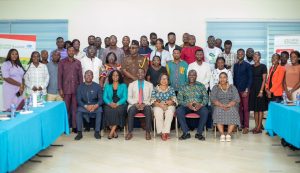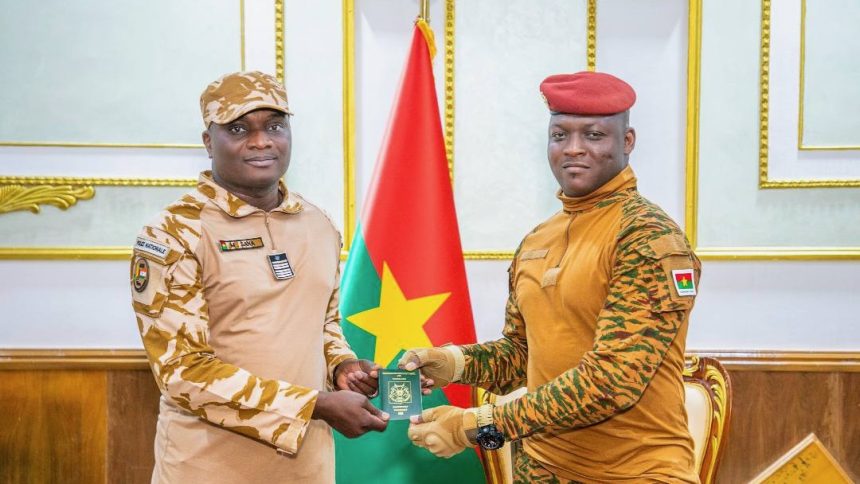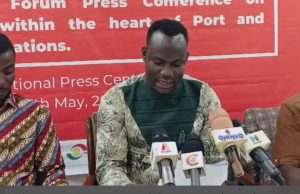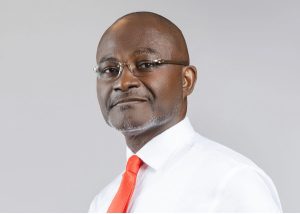Captain Ibrahim Traoré made history as the first person to receive the newly introduced AES passport, just days after Burkina Faso, Niger, and Mali celebrated their official exit from the West African Economic and Monetary Union (ECOWAS).
This symbolic moment comes at a time of significant political and economic shifts in the region. The new AES passport is seen by many as a step towards strengthening unity among the three countries, especially in light of their departure from ECOWAS.
On the streets of Ouagadougou, locals express hope that the AES passport will help combat the spread of misinformation about the region. Many are optimistic that the new travel document will provide a clearer picture of their countries’ capabilities and potential.
The AES passport, which is now being produced at the migration division in Ouagadougou, is seen by many as a tool that could simplify travel and foster deeper connections between the three nations. The passport’s production became operational at the beginning of the week, marking a key step in the implementation of the AES framework.
However, some residents remain cautious about the broader implications of this transition, especially in terms of relations with other ECOWAS countries. One of the primary concerns is the potential for high customs fees to continue affecting travel between Burkina Faso, Mali, and Niger.
Despite these concerns, many people in Ouagadougou are hopeful that the AES passport will not only make travel easier but also provide opportunities to lower trade barriers and boost the economy across the three countries.
ECOWAS has stated that it remains open to dialogue and cooperation with the AES countries. While the three nations are taking steps towards greater regional independence, the relationship between them and ECOWAS is far from over.









